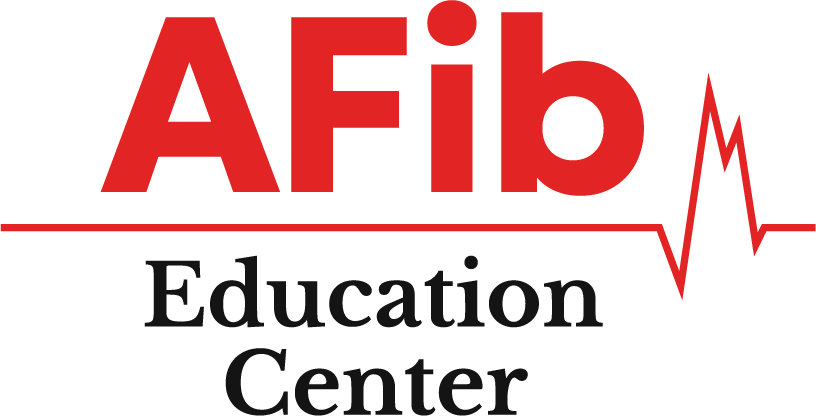What is an Electrophysiologist?
A Cardiac Electrophysiologist (EP) is a specialized cardiologist who focuses on diagnosing and treating heart rhythm disorders. Think of the heart as having three main systems: plumbing, valves, and electrical.
Plumbing System: Arteries supplying blood to the heart can get blocked, leading to chest pain or heart attacks. Interventional Cardiologists, like plumbers, use stents to restore blood flow.
Valve System: The heart’s chambers and valves ensure blood flows correctly. Issues here may need intervention from Structural Heart Cardiologists, who often use less invasive methods to replace valves.
Electrical System: EPs, the “electricians of the heart,” manage the heart’s electrical signals, treating conditions like atrial fibrillation (AFib).
Cardiology’s evolution has led to these subspecialties for more targeted treatments, with EPs focusing on the heart’s electrical system independently from the other systems.
Key Points Covered
Role of a Cardiac Electrophysiologist (EP):
- Specializes in diagnosing and treating heart rhythm disorders.
- Manages the heart’s electrical system to ensure proper heartbeat regulation.
Heart Systems Overview:
- Plumbing System: Handles blood supply through arteries; issues can cause chest pain and heart attacks.
- Valve System: Manages blood flow between heart chambers; problems may require valve repairs or replacements.
- Electrical System: Controls the heart’s rhythm and speed through electrical signals.
Heart System Specialists:
- General Cardiologist: Oversees overall heart health.
- Interventional Cardiologist: Treats artery blockages and restores blood flow.
- Structural Heart Cardiologist: Addresses valve issues using minimally invasive procedures.
Electrical System Problems:
- Issues like atrial fibrillation (AFib) are specific to the heart’s electrical system.
- EPs manage these disruptions to maintain a stable heart rhythm.
Advances in Cardiology:
- Technological and medical advancements have led to specialized fields within cardiology.
- This allows for more precise and effective treatments for various heart conditions.
By understanding the distinct roles of various cardiology specialists, patients can better navigate their treatment options and seek the appropriate care for their specific heart issues.
